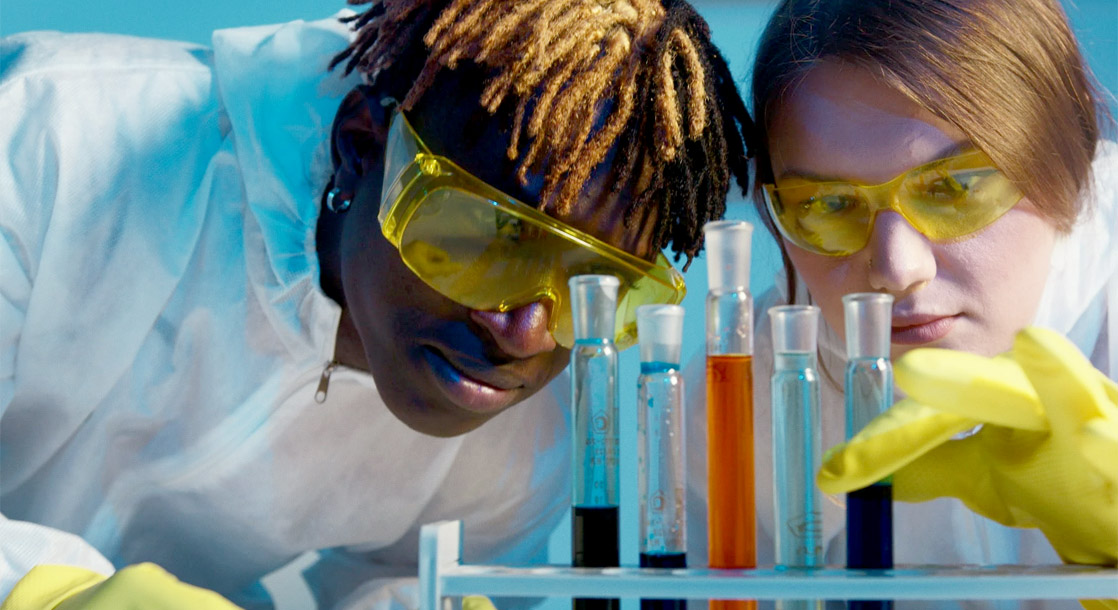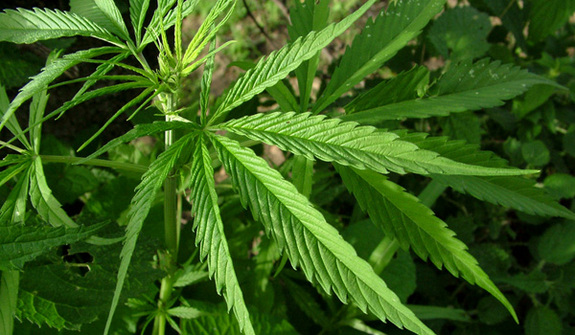Cover image via
Nearly a decade after legalizing adult-use cannabis, Washington state will finally start requiring legal weed companies to test their products for toxic pesticides and heavy metals.
Washington already tests all of its medical marijuana products for heavy metal and pesticide contamination. Adult-use products have not been subject to this industry-standard practice, though. Regulators have established a list of safe pesticides that adult-use cannabis producers are allowed to use, but since the state hasn’t actually been testing the products, it has no way of knowing whether producers are actually following these rules.
Starting on April 2nd, the state Liquor and Cannabis Board (LCB) will now require all adult-use cannabis products to be tested for the presence of toxic pesticides. Products that have already made it to market will not have to be tested before they are sold, though. The updated rules also allow the board to test both adult-use and medical marijuana products for heavy metal contamination on a random basis, or as part of an investigation.
The LCB actually proposed these regulations several years ago but has been holding off due to the pandemic and backlash from industry stakeholders. Local weed businesses estimated that these new rules would cost them between $165 and $400 for every single test, and argued that these additional costs would make it difficult for them to complete. The LCB considered public commentary on the matter for over two years but has at last decided to go ahead with the new testing requirements.
“These rules reflect years of hard work and engagement between LCB staff, licensees, and labs,” said Board Chair David Postman in a statement. “Testing for pesticides and heavy metals adds a deeper layer of confidence for consumers that these products are free of chemical or biological residuals.”
This layer of confidence is already standard practice in every other legal-weed state. Up until now, Washington was the only adult-use state that did not require its products to be tested for pesticides or heavy metals. California also used to allow medical and adult-use producers to sell untested products, but regulators imposed strict new testing requirements in 2018.
Toxic pesticides, which are commonly used in black-market weed grows to reduce costs, can pose serious health risks to cannabis consumers. Myclobutanil, for example, can safely be used on strawberries and other foods but releases toxic hydrogen cyanide gas when combusted. Live cannabis plants can also become contaminated with toxic heavy metals that seep into soil and fertilizer from industrial waste, mining operations, or farm and household water runoff.
Because of these health risks, regular pesticide and heavy metal testing procedures are now part and parcel of every state’s cannabis retail regulations. These tests have allowed regulators in Alaska, Maryland, Massachusetts, Oregon, and other states to recall potentially-toxic products before they could do too much harm.











